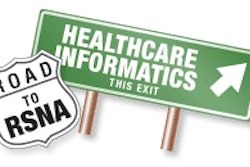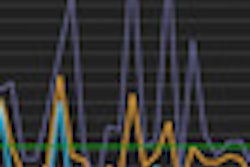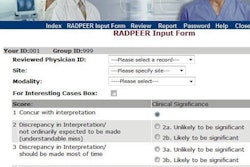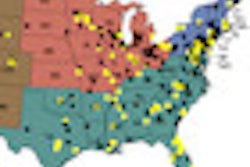Researchers at the University of Rochester's Simon Graduate School of Business undertook a study to determine whether a new RIS at an area imaging center could reduce or eliminate the incomplete data that caused report "hangovers." Hangover reports are incomplete reports, with information missing from sources such as patient records, the technologist performing the exam, or the referring physician.
In this presentation, Abraham Seidmann, PhD, professor of information-based management, will discuss what the study revealed. When an average delay from a hangover report is presumed to be four hours, the average turnaround time declines by as much as 20% if the RIS cuts the fraction of interpretations delayed from 10% to 1%, he said.
In the case of one center, improved turnaround time for the majority of reports increased the percentage of satisfied referring physicians from 78% before the new RIS to 91% after implementation.



















